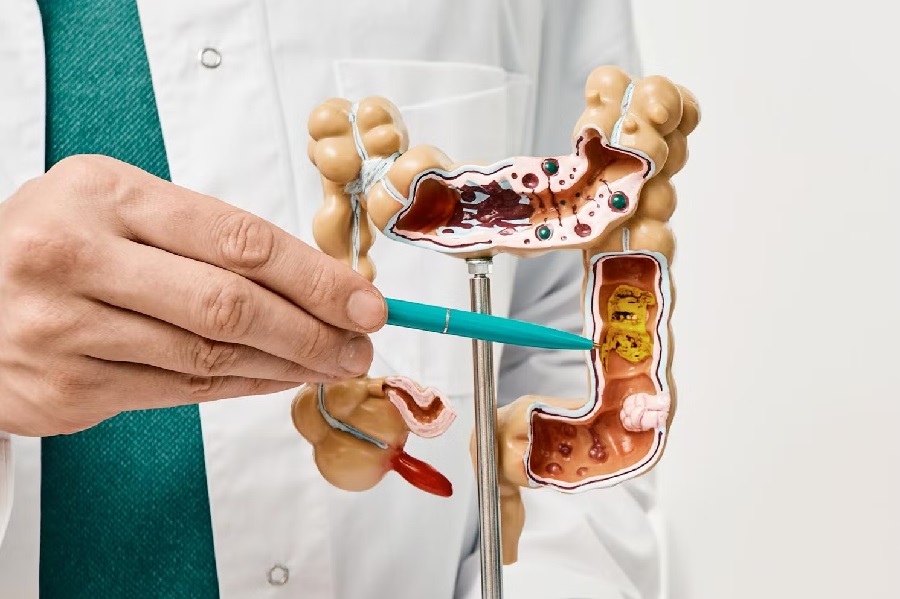A colonoscopy is a medical procedure that is performed to examine the colon and rectum for abnormalities, such as polyps or cancer. During the procedure, a long, flexible tube with a camera on the end, called a colonoscope, is inserted through the anus and guided through the colon.
While a Open Access Colonoscopy dauphin county pa can be an uncomfortable and invasive procedure, it is an essential tool for detecting and preventing colon cancer. After the procedure, patients can expect to experience some side effects as they recover.
Immediate Post-Procedure
After the procedure, patients are typically monitored in a recovery area until the effects of the anesthesia wear off. Patients may feel groggy or drowsy, and they should not drive or operate heavy machinery for 24 hours after the procedure.
Patients may also experience some abdominal discomfort or bloating, which is a normal side effect of the procedure. This discomfort usually subsides within a few hours, but it can last for up to 24 hours.
It is also common to experience gas or cramping as the air used during the procedure is slowly expelled from the colon. Walking and gentle stretching can help alleviate this discomfort.
Patients may also experience some bleeding from the anus after the procedure. This bleeding should be minimal and usually resolves within a day or two. However, if bleeding persists or is accompanied by severe abdominal pain or fever, patients should contact their doctor immediately.
Diet and Hydration
After the procedure, patients are usually advised to drink plenty of fluids to replace any fluids lost during the preparation for the colonoscopy. Drinking water and other clear liquids can also help flush out any remaining gas in the colon.
Patients should avoid eating solid foods until they have fully recovered from the anesthesia and their digestive system has returned to normal. A light diet of clear broth, tea, or juice can be slowly reintroduced after the procedure. Patients should also avoid alcohol and caffeine, as they can irritate the digestive system.
It is essential to follow your doctor’s instructions regarding your diet and hydration after the procedure to ensure a smooth recovery.
Activity and Rest
After the procedure, patients are usually advised to rest and avoid strenuous activity for the remainder of the day. Walking and light stretching can help relieve any discomfort or gas and promote healthy bowel movements.
Patients should avoid any activities that may cause discomfort, such as lifting heavy objects or engaging in rigorous exercise. Patients should also avoid driving or operating heavy machinery for 24 hours after the procedure.
Recovery Time
The recovery time after a colonoscopy varies depending on the individual and the extent of the procedure. Most patients can resume their normal activities within a day or two after the procedure.
However, it is essential to listen to your body and avoid any activities that cause discomfort or pain. If you experience any severe pain or bleeding after the procedure, you should contact your doctor immediately.
Follow-Up Care
After the procedure, patients will typically have a follow-up appointment with their doctor to discuss the results of the colonoscopy and any necessary next steps. If polyps or other abnormalities were detected during the procedure, your doctor may recommend further testing or treatment.
Your doctor will also advise you on when to schedule your next colonoscopy based on your age, medical history, and any previous findings.
Conclusion
A colonoscopy is an essential tool for detecting and preventing colon cancer. While the procedure can be uncomfortable and invasive, the side effects are typically mild and manageable.
After the procedure, patients can expect to experience some abdominal discomfort, bloating, and gas. It is important to follow your doctor’s instructions regarding your diet, hydration, and activity level to ensure a smooth recovery.

